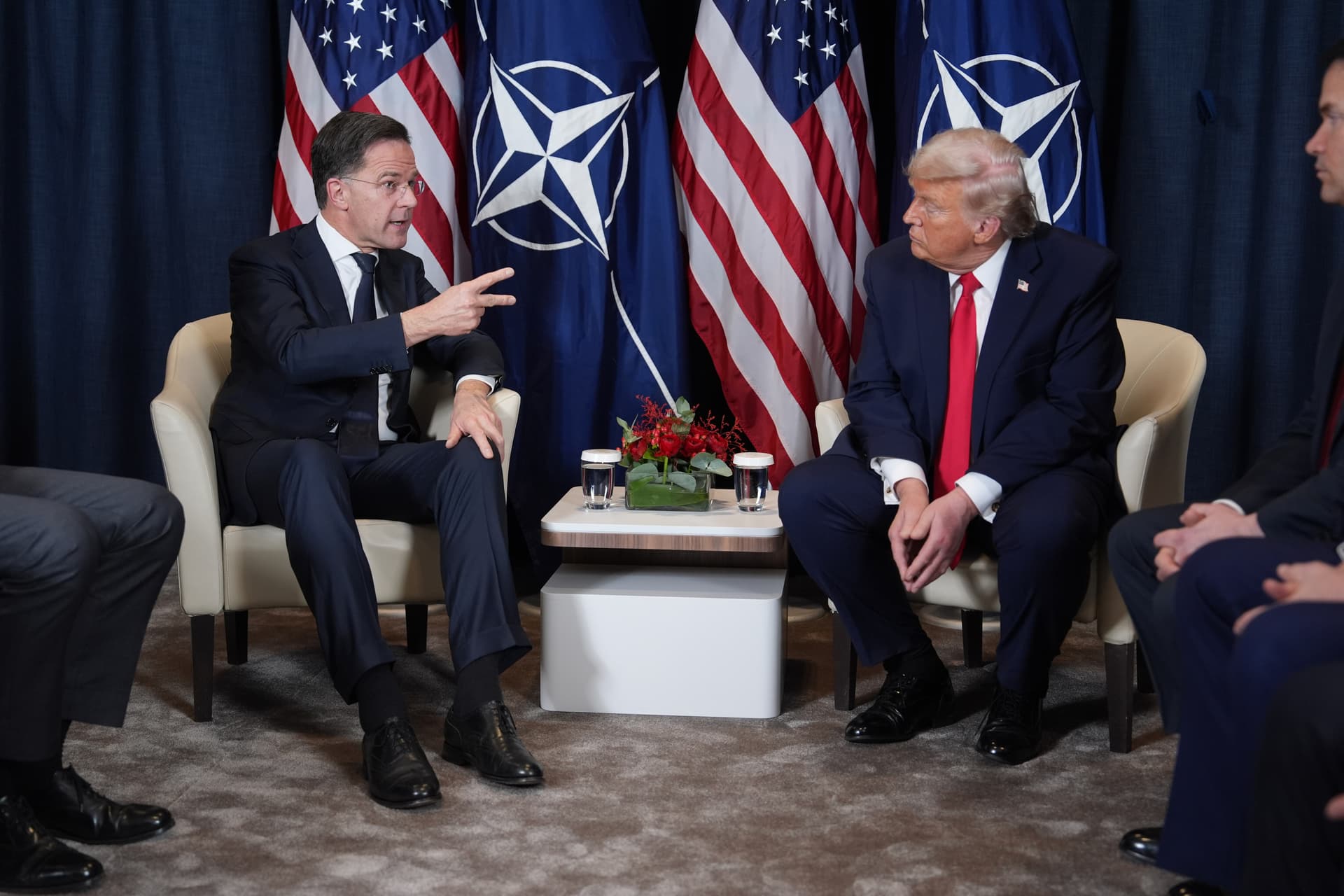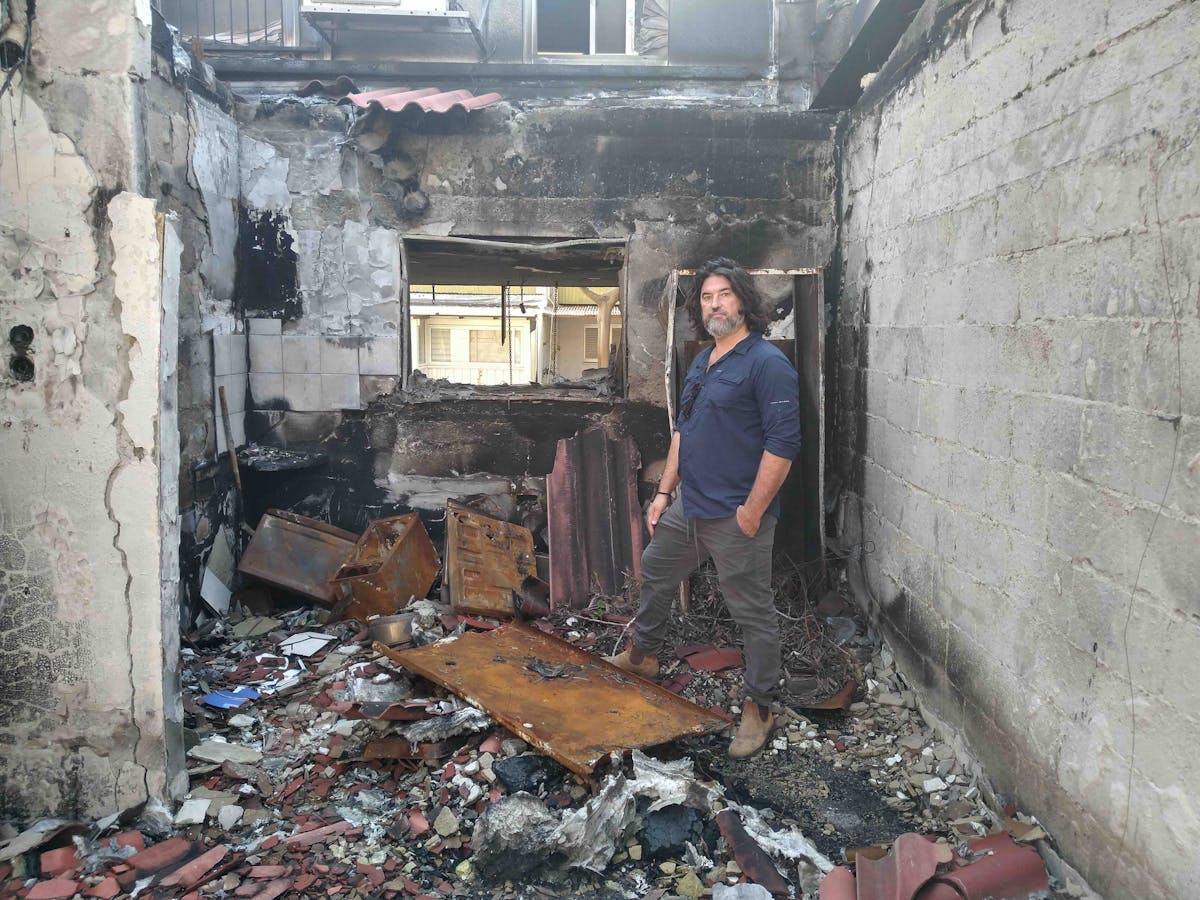
NATO’s Trillion-Dollar Paradox: Why Hitting Two Percent Means Less Than You Think
By HOLLIE McKAY
|Never in his wildest nightmares did Ilya Taraschansky imagine the horrors awaiting his family on that deadly Saturday morning.

Already have a subscription? Sign in to continue reading

By HOLLIE McKAY
|
By MATTHEW RICE
|
By DANIEL EDWARD ROSEN
|$0.01/day for 60 days
Cancel anytime
By continuing you agree to our Privacy Policy and Terms of Service.